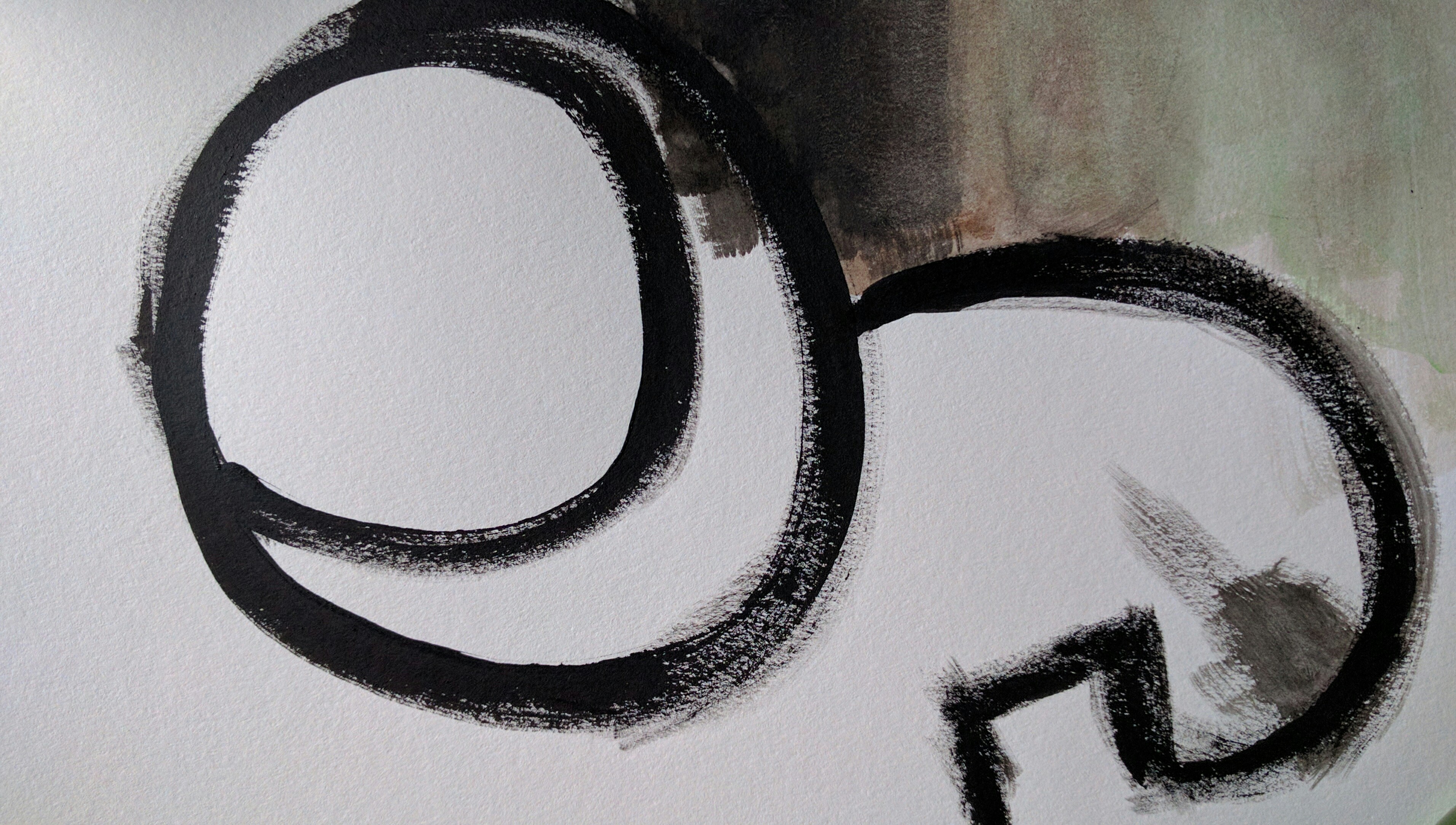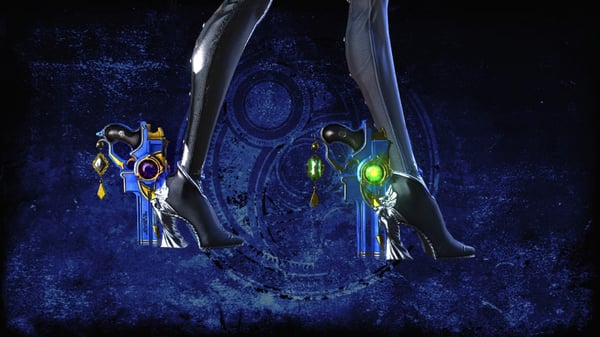
You will face a vicious argument from weeping baby-boy-men if you imply women unjustly endure an ultra-honed discrimination in all media formats. It's bad in movies and TV. It's bad in the technology industry. It's bad in the video game "industry." For every piece of advice dealt out to women to keep from avoiding harassment like "just wear a fake engagement ring," there's no mention that instead, men should stop being gutless monsters who probably hate and fear their own mothers.
How does a man engage on this topic? We need to be taught, sadly, how to write about women in games. Bayonetta is going to teach us.

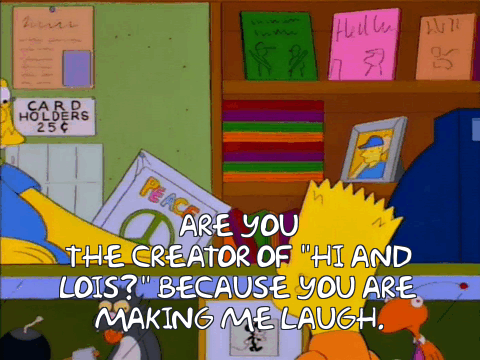 Geek culture is made up. It's a brass-knuckled money-grab executed by men of excessive monetary value aiming their cash-lust at a nostalgic generation's disposable income. It's consumerism channeled through a marketable antithetical taste. It's also only as real, or fake, as "sports culture" or "yard-maintenance culture."
Geek culture is made up. It's a brass-knuckled money-grab executed by men of excessive monetary value aiming their cash-lust at a nostalgic generation's disposable income. It's consumerism channeled through a marketable antithetical taste. It's also only as real, or fake, as "sports culture" or "yard-maintenance culture."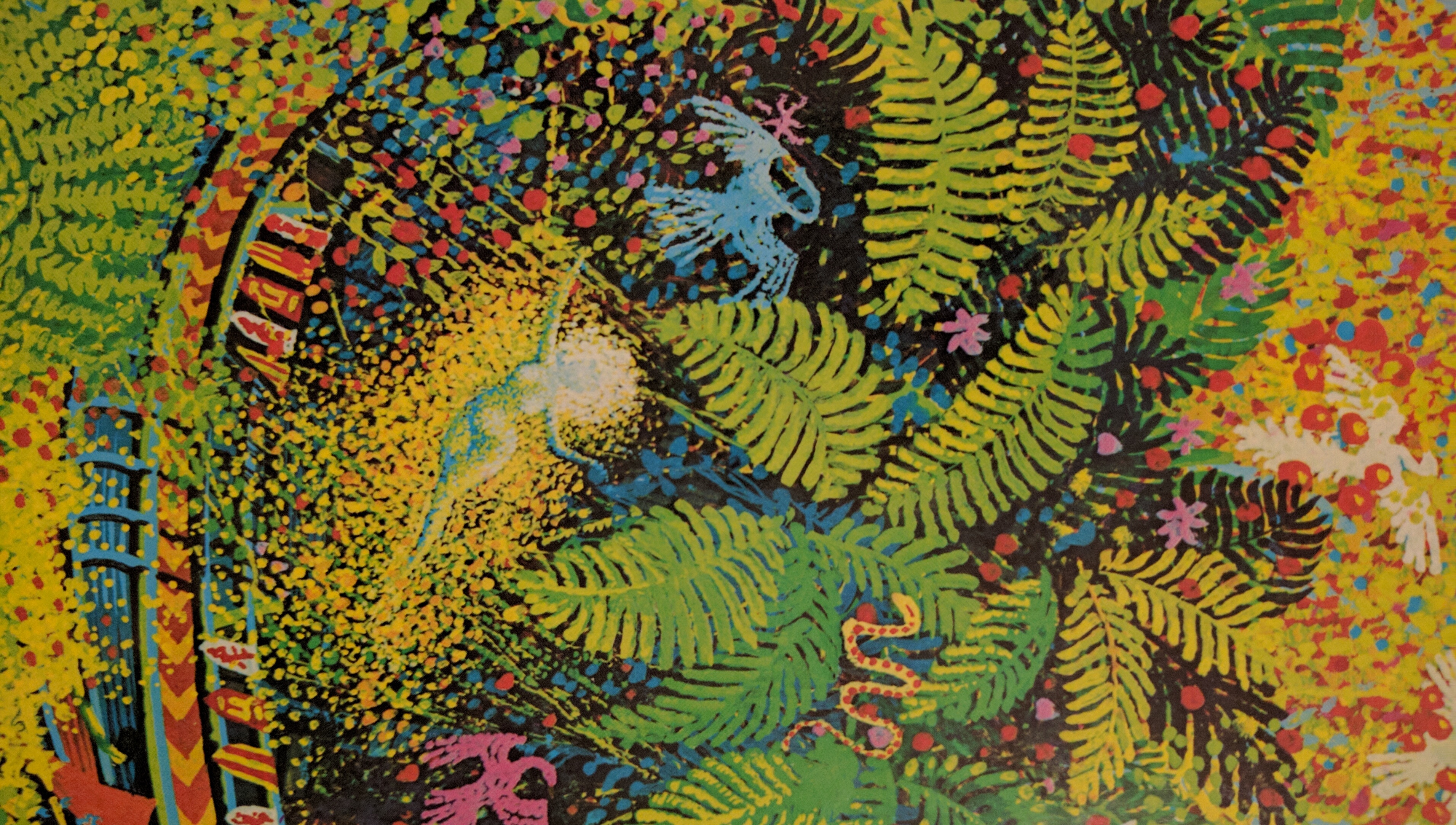 The commute has not been eliminated from business. We still live in one place and work in another. We still wake up in the morning and move to that workplace almost at the same time as everyone else doing the same. We still step on and over one another on this twice-daily journey on overcrowded roads and quintuple-undersized public transit buses and trains.
The commute has not been eliminated from business. We still live in one place and work in another. We still wake up in the morning and move to that workplace almost at the same time as everyone else doing the same. We still step on and over one another on this twice-daily journey on overcrowded roads and quintuple-undersized public transit buses and trains.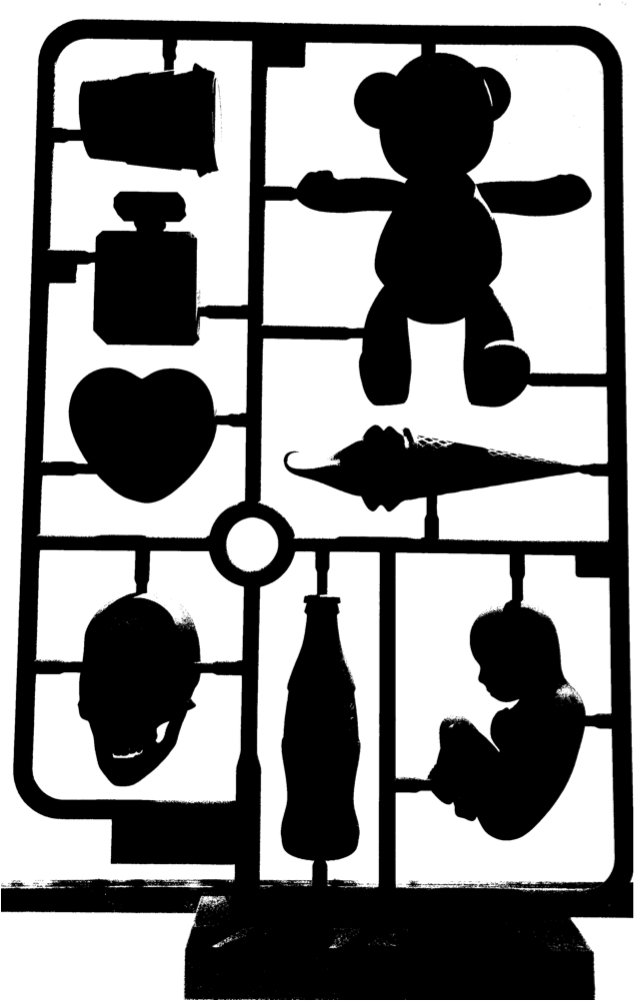 I envision a group of four friends. They are standing outside a movie theater. The year is, let's say, 1991. They discuss the opportunity to see the just-released Terminator 2: Judgment Day.
I envision a group of four friends. They are standing outside a movie theater. The year is, let's say, 1991. They discuss the opportunity to see the just-released Terminator 2: Judgment Day. You don't need to see Batman V Superman: Dawn of Justice. It's bad. It's a bad movie because it's a bad interpretation of pre-existing characters.
You don't need to see Batman V Superman: Dawn of Justice. It's bad. It's a bad movie because it's a bad interpretation of pre-existing characters. When you read the words "style guide," you likely imagine a list of rules pulled from an outdated Chicago Style Manual by a fifth grade teacher desperate for an early Tuesday evening.
When you read the words "style guide," you likely imagine a list of rules pulled from an outdated Chicago Style Manual by a fifth grade teacher desperate for an early Tuesday evening. When the iPhone might have invented wireless, one-touch commerce in the 21st century, it also started the race to the bottom. I remember when they built the Apple App Store atop iTunes' rotting shoulders, piggybacking onto the success of selling one song for $0.99, and an episode of The Office for $3.99. I remember during that first Summer of iPhone when somebody sold an app that did nothing called "I'm Rich" for $1000 (NOTE: that might not be the actual price).
When the iPhone might have invented wireless, one-touch commerce in the 21st century, it also started the race to the bottom. I remember when they built the Apple App Store atop iTunes' rotting shoulders, piggybacking onto the success of selling one song for $0.99, and an episode of The Office for $3.99. I remember during that first Summer of iPhone when somebody sold an app that did nothing called "I'm Rich" for $1000 (NOTE: that might not be the actual price). You'll have to indulge me for a moment when I state that a lot of people reveal on a regular basis that they cannot productively reconcile their annoyance with the world around them.
You'll have to indulge me for a moment when I state that a lot of people reveal on a regular basis that they cannot productively reconcile their annoyance with the world around them.
